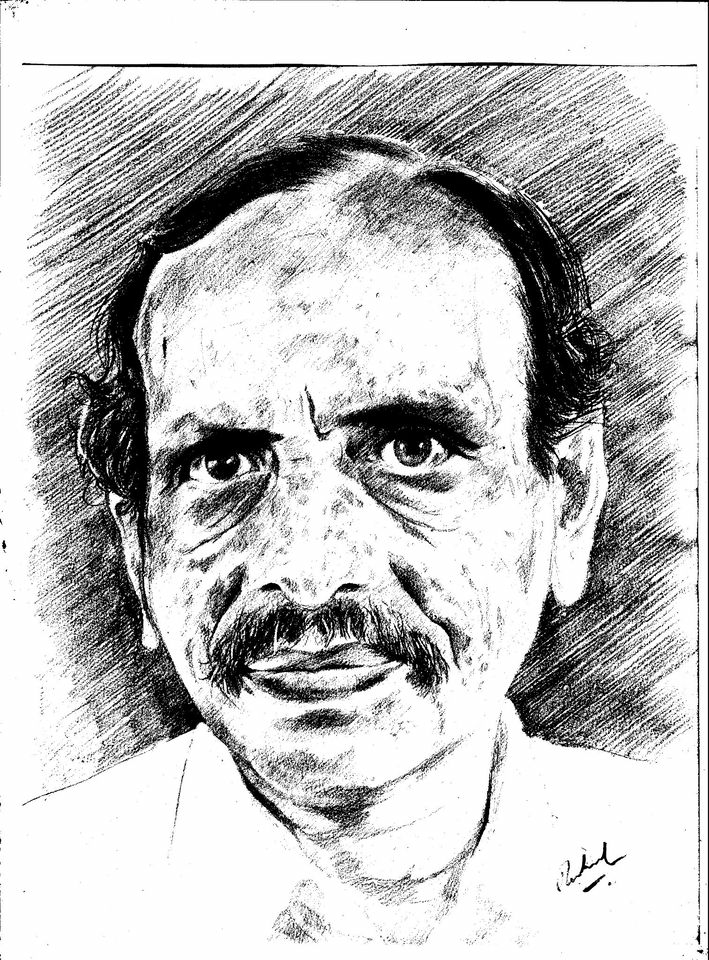Bloch Sphere:
A qubit may be thought of a spin ${1\over2}$ state vector. If spin projection along direction $(\theta,\phi)$ is $+{1\over2}$ .
The corresponding state vector must be eigen vector of $(\hat{n}\cdot\vec{\sigma})$ with eigen value 1.
\begin{equation}\label{eq01}
(\hat{n}\cdot\vec{\sigma})\begin{pmatrix}\alpha\\ \beta\end{pmatrix} =
\begin{pmatrix} \alpha\\ \beta\end{pmatrix}
\end{equation}
Writing
\begin{equation}
\hat{n}=(\sin\theta\cos\phi,\sin\theta\sin\phi,\cos\theta),
\end{equation}
the normalized eigenvector can be written in the form
\begin{equation}
\chi=\begin{pmatrix} \cos(\theta/2)e^{-i\phi}\\
\sin(\theta/2)\end{pmatrix}
\end{equation}
comparing with $\binom{\alpha}{\beta}$ we see that
\begin{eqnarray}
|\alpha|=\cos{\theta\over2}\qquad|\beta|=\sin{\theta\over2},&&\qquad
0\le\theta\le n\\
e^{-i\phi}={\alpha\over|\alpha|}.&&\qquad0\le\phi<2\pi
\end{eqnarray}
Thus qubits, apart from an over all phase, are in one to one
correspondence with points $(\theta,\phi)$ on a unit sphere.
Representation of qubit by a point on sphere is known as the Bloch
sphere representation.
Representation of pure and mixed states
The density operator corresponding to the pure state
\begin{equation}\rho = {1\over2}(I+\hat{n}\cdot\vec{\sigma})\end{equation}
with $|\hat{n}|$ given by \eqref{eq02}.
For $|\vec{m}|<1$, the vector
$\vec{m}$ represents a point inside the Bloch sphere and the density
operator
\begin{equation}\label{eq06}
\rho = {1\over2}(I+\vec{m}\cdot\vec{\sigma}), \qquad |\vec{m}|<1
\end{equation}
represents a mixed state since $\rho^2\ne\rho$.
Thus the pure states of qubit are in a one to one correspondence
with points on the sphere (pure states). The points inside the Bloch
sphere correspond to possible mixed states of a qubit.\\
Question for You:
Compute eigenvectors of
$\hat{n}\cdot\vec{\sigma}$ with eigen values $\pm1$. Verify that a
normalized eigenvector with eigen values \(\pm1\) can be cast in the form \eqref{eq03}.
Exclude node summary :
Exclude node links:
4727:Diamond Point






 ||Message]
||Message]
